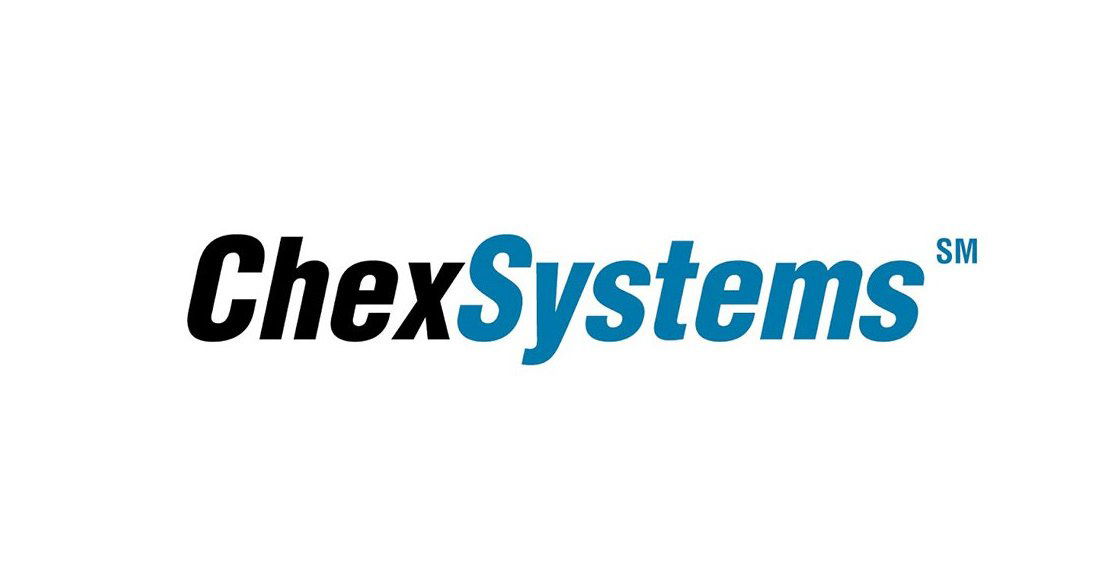Imagine you’ve just landed a new job. On your first day, the accounting department asks you to provide your bank details for direct deposit of your salary. For most, it’s a straightforward request, but if you don’t have a bank account, it’s a staunch reminder of the hurdles you face with bad credit.

Without a bank account, simple tasks like depositing a paycheck, paying bills online, or even shopping can become cumbersome and more expensive, often requiring reliance on costly check-cashing services and money orders.
The Challenges of Bad Credit in Banking
For those with a bad credit history, opening a bank account can feel like a distant dream. Banks often use credit checks, not only for loans and credit cards, but also for opening a new checking or savings account.
This practice can leave individuals with bad credit in a catch-22 situation: needing a bank account for financial stability but being denied due to their credit history. Moreover, systems like ChexSystems, which most banks use to screen potential customers, can flag your banking history for issues like overdrafts or unpaid fees, making it even harder to get approved for an account.
However, the situation isn’t without hope. Despite these challenges, there are banks and credit unions that understand and cater to those with credit difficulties. In this article, we’ll explore the avenues available, offering a guide through the seemingly complex process of opening a bank account even with bad credit.
Why Banks Check Your Banking History
When you apply for a bank account, some banks will check your credit reports with one or more of the three major credit bureaus. However, most banks look into your banking history rather than your credit history.
This is where ChexSystems comes into play. ChexSystems is a consumer reporting agency that keeps track of your banking behavior, including any negative marks such as unpaid overdrafts or bounced checks. If you have a troubled history reported in ChexSystems, it can lead to a bank denying your account application. This system is a common method banks use to protect themselves from potential financial risks.
Bank Account Options If You Have Bad Credit
If your credit or banking history is making it tough to open an account, don’t worry—you still have several solid options. Depending on your situation, you can explore second chance accounts, banks that don’t use ChexSystems, or even prepaid debit cards.
Second Chance Checking Accounts
Second chance checking accounts cater to individuals who struggle to open standard bank accounts, often due to their ChexSystems record. These accounts typically have certain limitations like lower withdrawal limits or higher fees.
Banks that offer these accounts include Wells Fargo with their Opportunity Checking, Bank of America’s SafeBalance Banking, and PNC Bank’s Foundation Checking. By using these accounts responsibly, you can work towards improving your banking record.
Banks That Don’t Use ChexSystems
Around 80 to 90% of banks and credit unions use ChexSystems to help them decide whether to approve your application for a bank account. However, there are some banks that don’t use ChexSystems. These banks might employ different methods for risk assessment, or may not perform a background check at all.
Banks like U.S. Bank, SoFi, Chime, and Current fall into this category. They focus on your current financial status rather than past banking problems, offering a chance for a fresh start in banking.
Prepaid Debit Cards
Prepaid debit cards are an alternative to traditional bank accounts. You preload these cards with funds and then use them for everyday transactions.
Unlike standard bank accounts, prepaid debit cards are not linked to checking accounts and do not offer overdraft facilities. They are a straightforward option for daily financial management, particularly useful for those working on improving their financial habits.
How to Open a Bank Account with Bad Credit: Step-by-Step
Opening an account when you have bad credit takes a little extra effort, but it’s definitely doable. Follow these simple steps to find the right bank and avoid common pitfalls.
Initiate Your Search
Look for banks or credit unions that offer second chance accounts or don’t use ChexSystems. These institutions are more flexible and more likely to approve your application.
Evaluate Key Account Features
Compare fees, limits, and minimum balance requirements. Make sure the account fits your budget and daily needs.
Check Online Banking and Customer Service
Good online access and responsive customer support can save you headaches down the road. Don’t overlook this.
Read Customer Reviews
See what other customers say, especially those with similar credit challenges. Their feedback can reveal how the bank really treats its clients.
Prepare Your Documents
Gather a government-issued ID, Social Security number, and proof of address (like a utility bill).
Know the Application Steps
Review the bank’s application steps before you apply. Most banks explain the process on their website or through customer service.
How to Clear Your ChexSystems Record
Cleaning up your ChexSystems record can open the door to better banking options. Here’s how to check your report, fix any errors, and improve your banking history.
- Request Your ChexSystems Report: You can get a free copy once every 12 months. Request it online, by phone, or by mail. Have your ID details ready.
- Review Your Report: Look for errors like incorrect balances or accounts that don’t belong to you.
- Dispute Inaccuracies: If you spot mistakes, file a dispute online, by mail, or by fax. Explain the error and provide any proof, such as bank statements or letters.
- Settle Outstanding Issues: If the report lists legitimate problems, contact the bank or creditor to pay what’s owed. Ask for a letter confirming the issue has been resolved.
- Follow Up: Send the resolution letter to ChexSystems and confirm the item gets removed.
- Keep Your Record Clean: Avoid overdrafts, pay fees on time, and check your report every year to catch problems early.
Bottom Line
Opening a bank account with bad credit can be challenging, but it’s far from impossible. With the right approach, you can find banks and credit unions willing to work with you. Whether through second chance banking, banks that don’t use ChexSystems, or prepaid debit cards, you have options to get back on track.
Stay informed, manage your finances carefully, and work on improving your credit and banking history. Use your new account responsibly and watch your financial habits.
Clearing your ChexSystems record, choosing the right bank, and following the application steps all move you closer to financial stability. With patience and persistence, you can overcome bad credit and open new financial opportunities.




